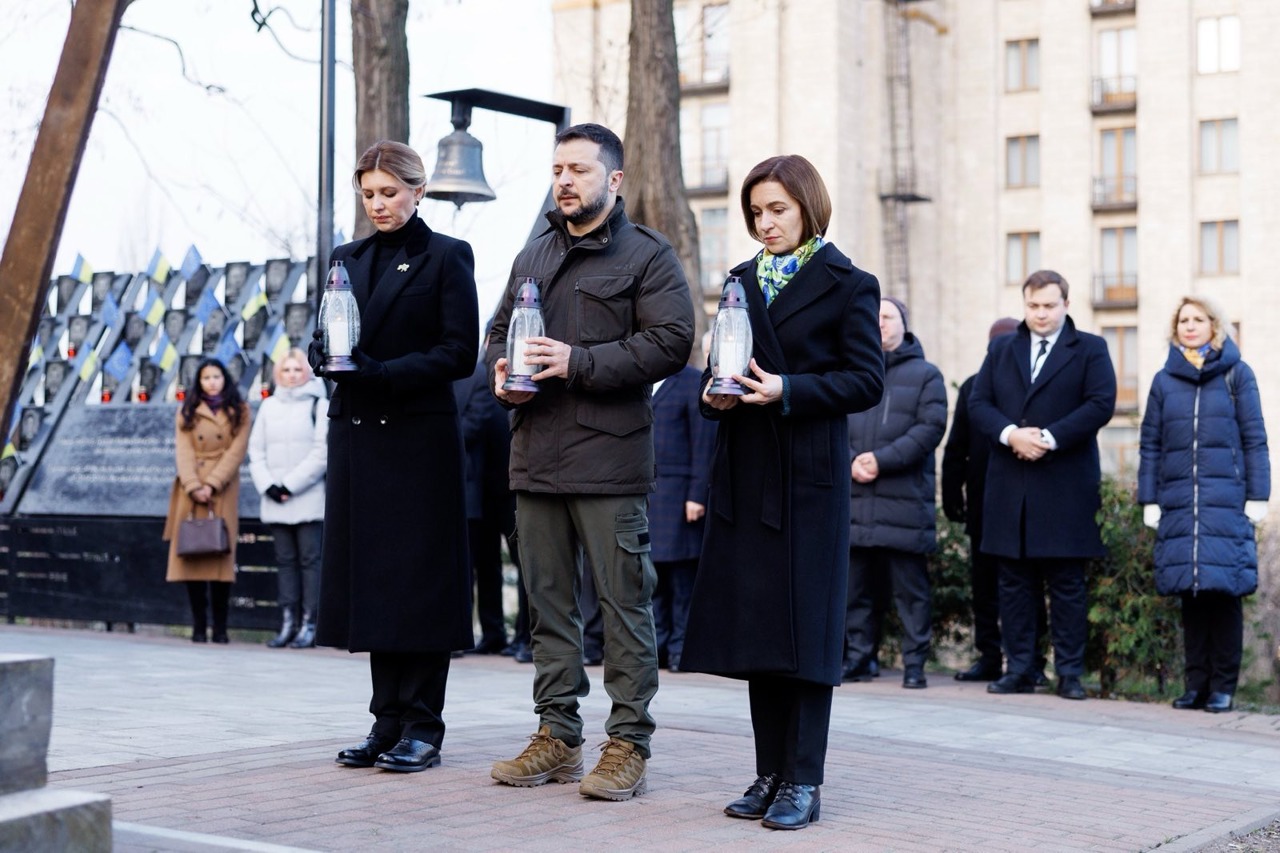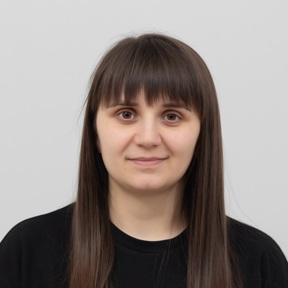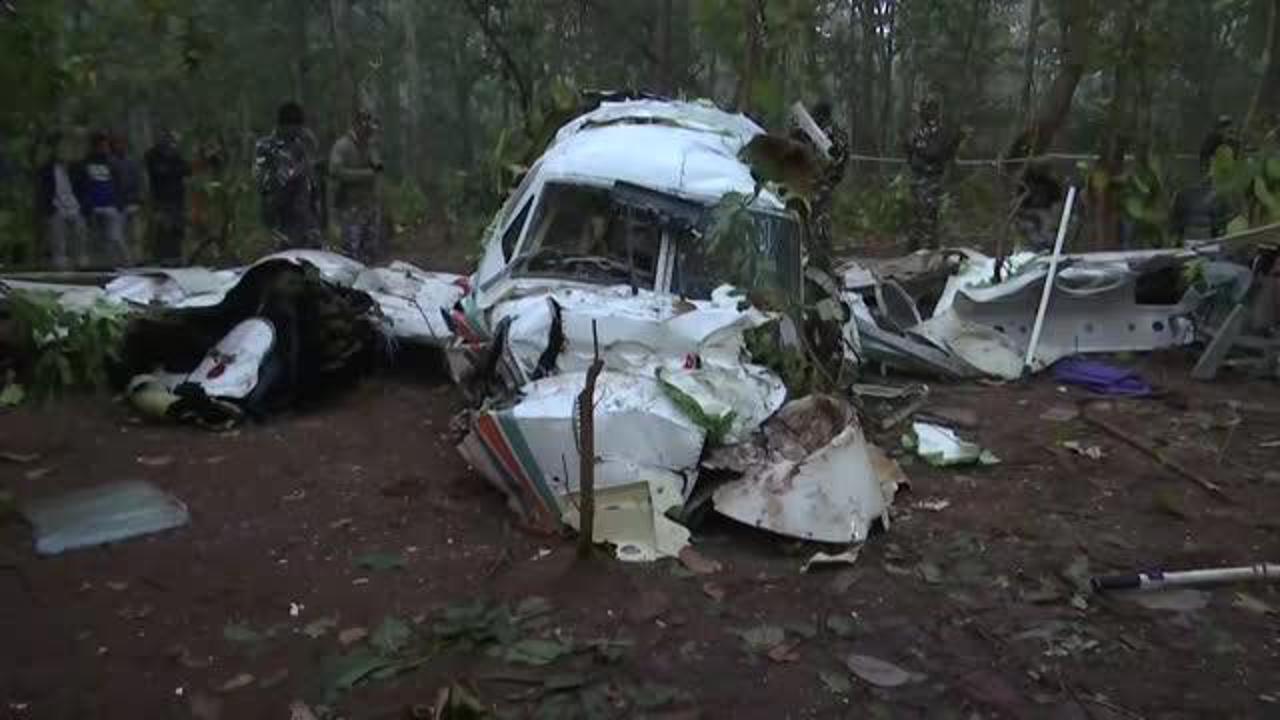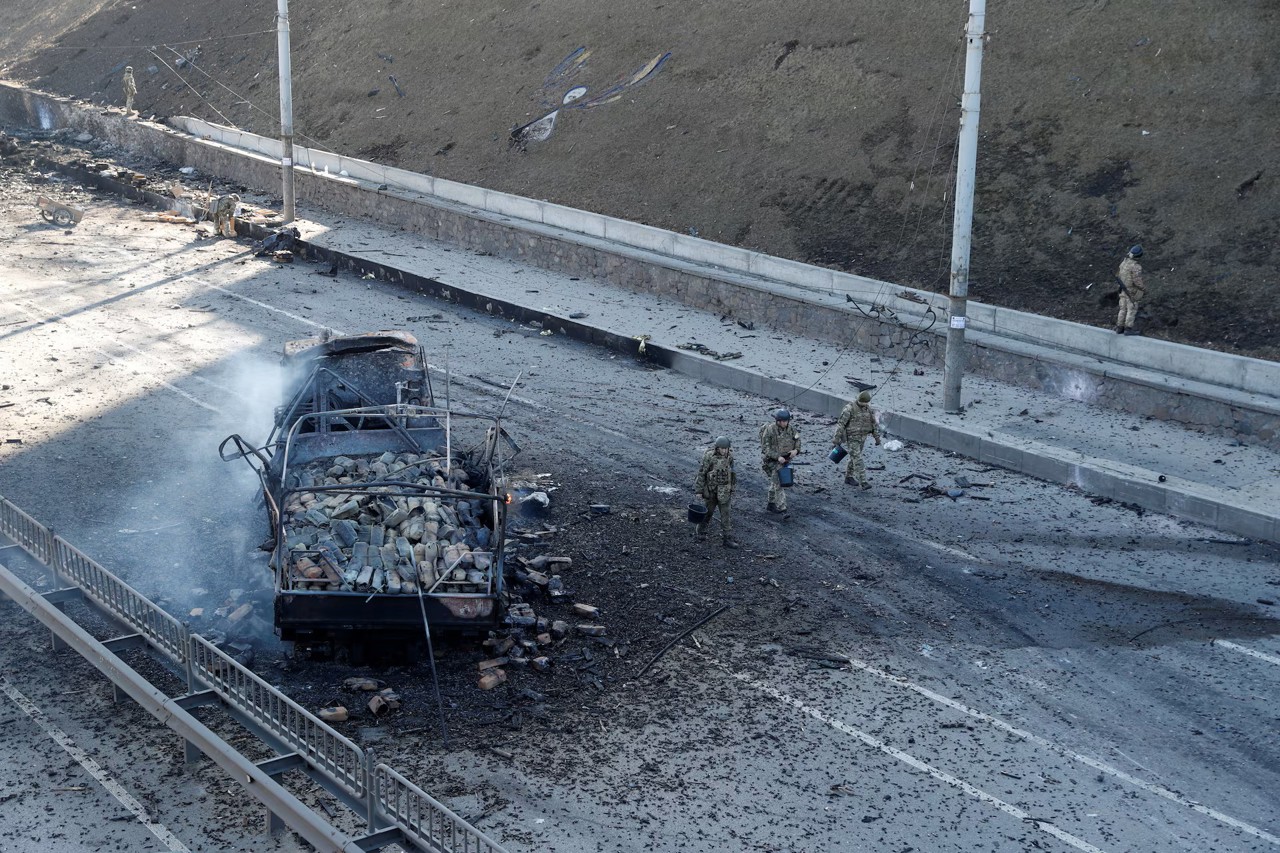Putin rejects peace, eyes baltic next
Russian President Vladimir Putin slammed the door on peace talks in Ukraine, doubling down on maximalist demands for complete surrender and rejecting any compromise, as reported by BBC.
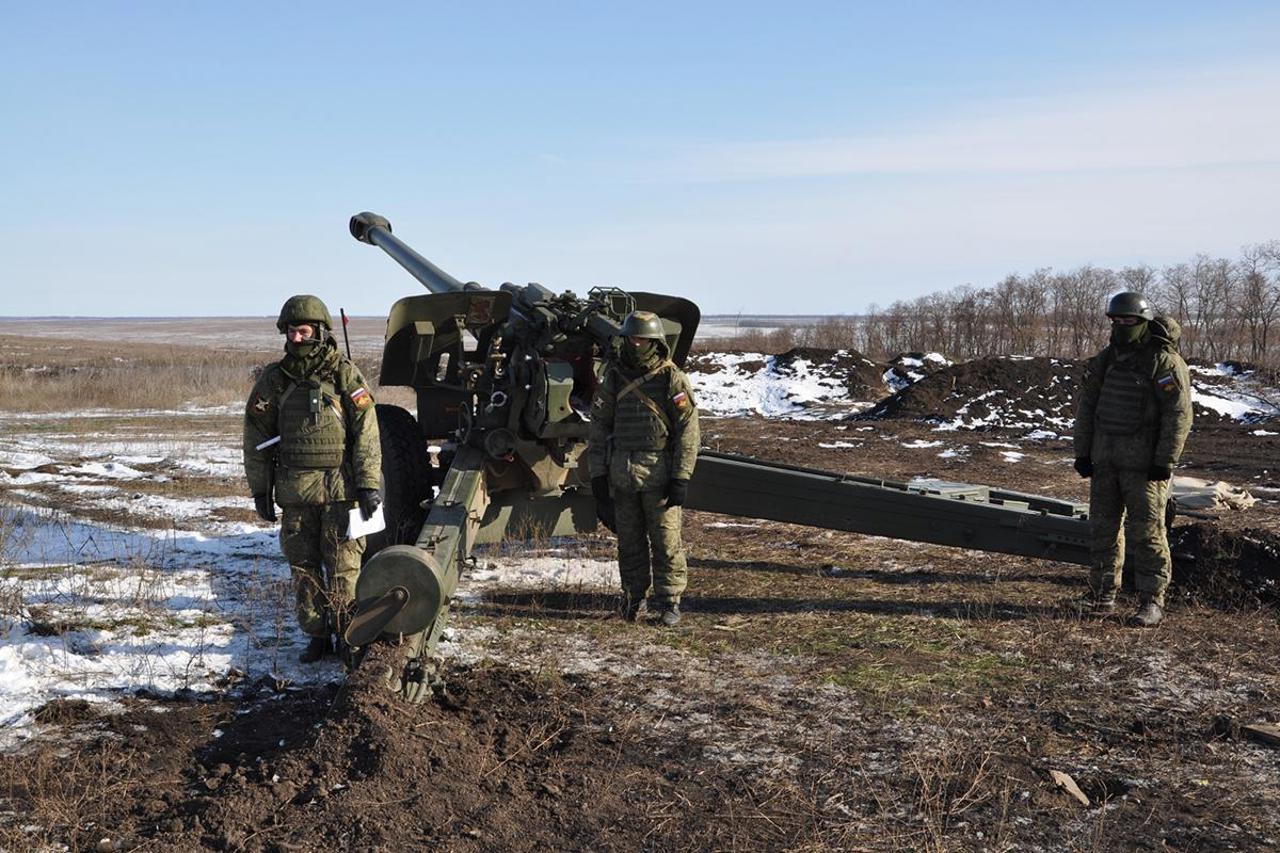
In a defiant speech, Putin dismissed proposed peace formulas as "attempts to encourage us to give up the gains we have made in the past year and a half," declaring them "impossible" to accept.
The Institute for the Study of War (ISW), a respected Washington-based think tank, analyses Putin's stance as a clear signal of Russia's lack of interest in good-faith negotiations. Instead, the institute concludes, Putin "remains fixated on the complete capitulation of Ukraine and the West."
Adding to the escalating tension, Putin drew parallels between the ongoing conflict in Ukraine and the situation in Latvia, where authorities are expelling Russian citizens without valid residence permits. He described these expulsions as "very serious things" directly impacting Russia's security, potentially laying the groundwork for future aggression towards the Baltic states.
While ISW currently sees no imminent threat of a Russian attack on the Baltic states, analysts warn that Putin's rhetoric could be "setting the information conditions" for future hostilities. They point to his recent threats against Finland and his persistent demands for NATO's dissolution as evidence of an ongoing campaign to undermine Western alliances and expand Russia's sphere of influence.
As the war in Ukraine enters its second year, Putin's uncompromising stance throws a dark cloud over prospects for peace. His focus on "gains" and disregard for diplomacy raise the spectre of further escalation, not only in Ukraine but potentially extending to neighbouring countries like Latvia and the wider Baltic region. The international community now faces the precarious task of navigating this new, more aggressive, chapter in Putin's playbook.
Translation by Iurie Tataru

